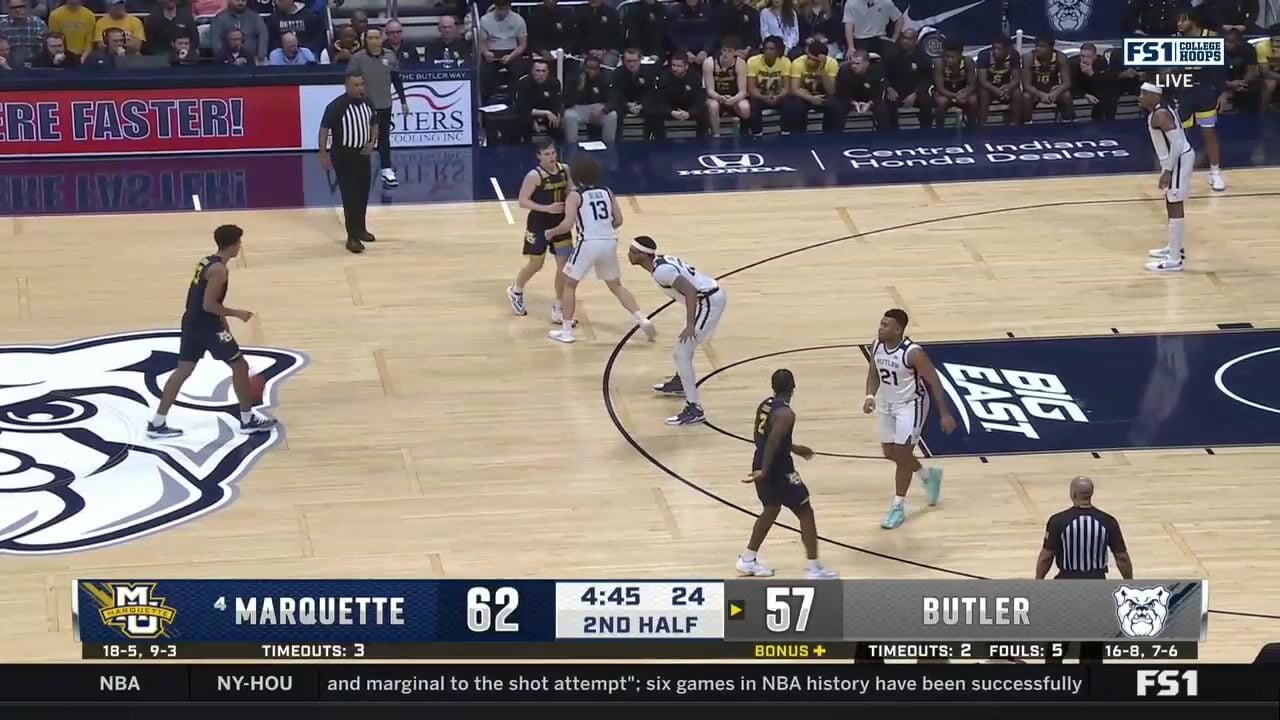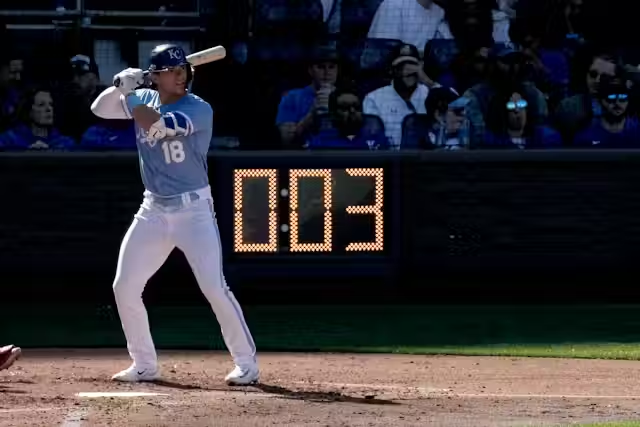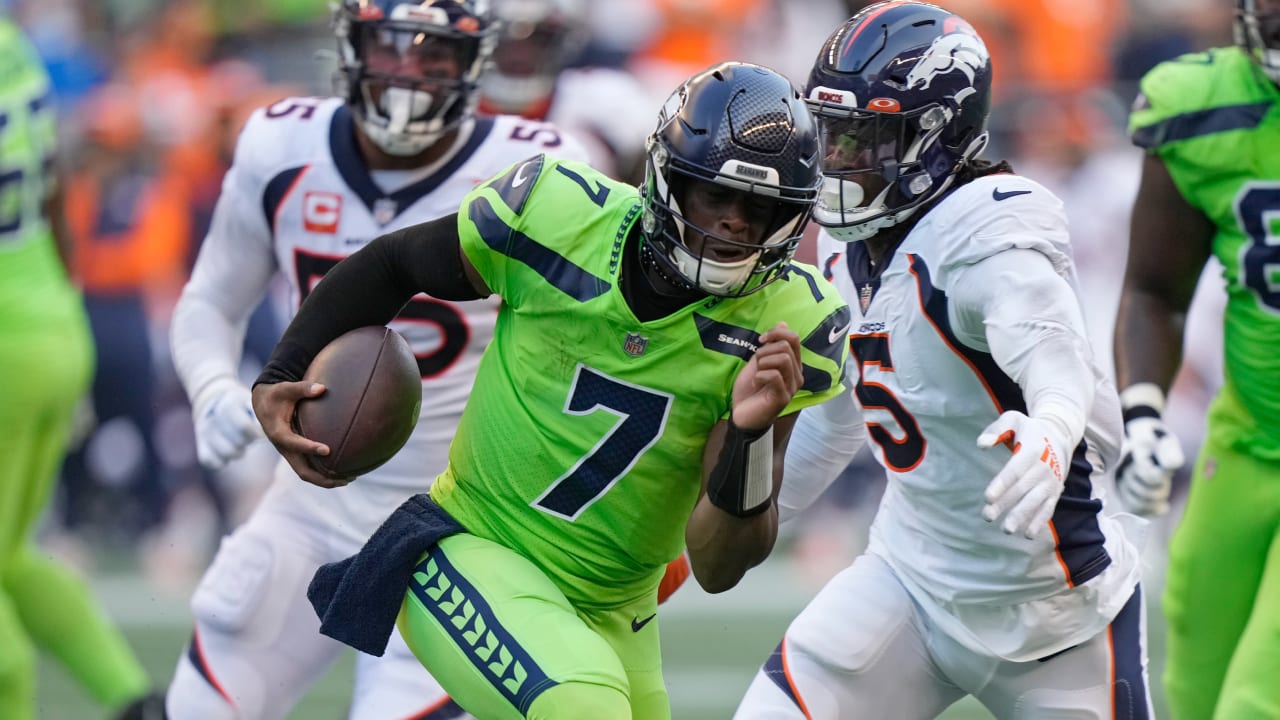
Court Upholds Decision to Dismiss Video in Robert Kraft Case
Robert K. Kraft, the owner of the New England Patriots, won another decisive victory in his attempt to fight two misdemeanor charges of solicitation of prostitution, after judges issued a strong rebuke of police tactics used in the case against him.
In a unanimous decision, a three-judge panel in the Florida Fourth District Court of Appeal in West Palm Beach affirmed a lower court decision that the police improperly gathered video evidence central to the case made against Kraft and two dozen other men who were recorded visiting and receiving treatment at several South Florida day spas.
“We find the trial courts properly concluded that the criminal defendants had standing to challenge the video surveillance and that total suppression of the video recordings was constitutionally warranted,” the judges wrote in their decision on Wednesday.
Unless state prosecutors ask the state Supreme Court to hear their appeal, the decision effectively ends the case against Kraft, who was originally charged in February 2019 with two counts of soliciting sex in Jupiter, Fla., after the police investigated the spas and massage parlors on suspicion of prostitution and human trafficking.
“We are pleased that the Florida’s Fourth District Court of Appeal has ruled in our favor by affirming suppression of recordings that should never have been taken,” a spokesman for Kraft said in a statement. “This ruling protects the constitutional rights and civil liberties of all the men and women who were illegally spied on in this case. More broadly, this ruling will further protect the civil liberties of all Americans, by helping prevent future Fourth Amendment violations like those that occurred in this case.”
The decision is likely to reduce the chance that the N.F.L. will penalize Kraft, 79, for conduct deemed detrimental to the league. Roger Goodell, the league’s commissioner, has broad authority to hold players, league executives and owners accountable for their actions, and penalties can include fines of up to $500,000 and suspensions, based not just on the outcome of the legal case, but also on the damage to the league’s reputation.
When law enforcement officials first brought the case, they claimed they had unearthed a human trafficking ring at day spas in South Florida. But over time, the case focused more narrowly on the misdemeanor charges against Kraft and the other men.
While some of the two dozen other men who were also charged in the case have paid fines and performed community service to resolve their cases, Kraft declined to take a plea deal, which would have expunged any record of the case.
Instead, Kraft’s lawyers argued that video showing him and other patrons at the day spa, Orchids of Asia, was improperly obtained by undercover cameras and that the police did not sufficiently minimize the scope of their surveillance when applying for a warrant to film there. The video, they said, violated the constitutional rights of Kraft and the other customers recorded.
In May 2019, a Palm Beach County court judge agreed with Kraft’s lawyers and threw out the video evidence in the case. The ruling echoed decisions made by judges in nearby counties where defendants were charged with similar misdemeanors after having been identified in surveillance investigations.
The Florida attorney general, Ashley Moody, taking up the case for the state attorney in Palm Beach County who charged Kraft and the others, argued that the police in the case followed established procedures for obtaining permission to install the cameras.
Lauren Cassedy, a spokeswoman for the state attorney general, said her “office is reviewing the ruling.”
The three judges on the appeals panel, however, said that “while there will be situations which may warrant the use of the techniques at issue, the strict Fourth Amendment safeguards developed over the past few decades must be observed.” The judges added: “To permit otherwise would yield unbridled discretion to agents of law enforcement and the government, the antithesis of the constitutional liberty of people to be secure against unreasonable searches and seizures.”








